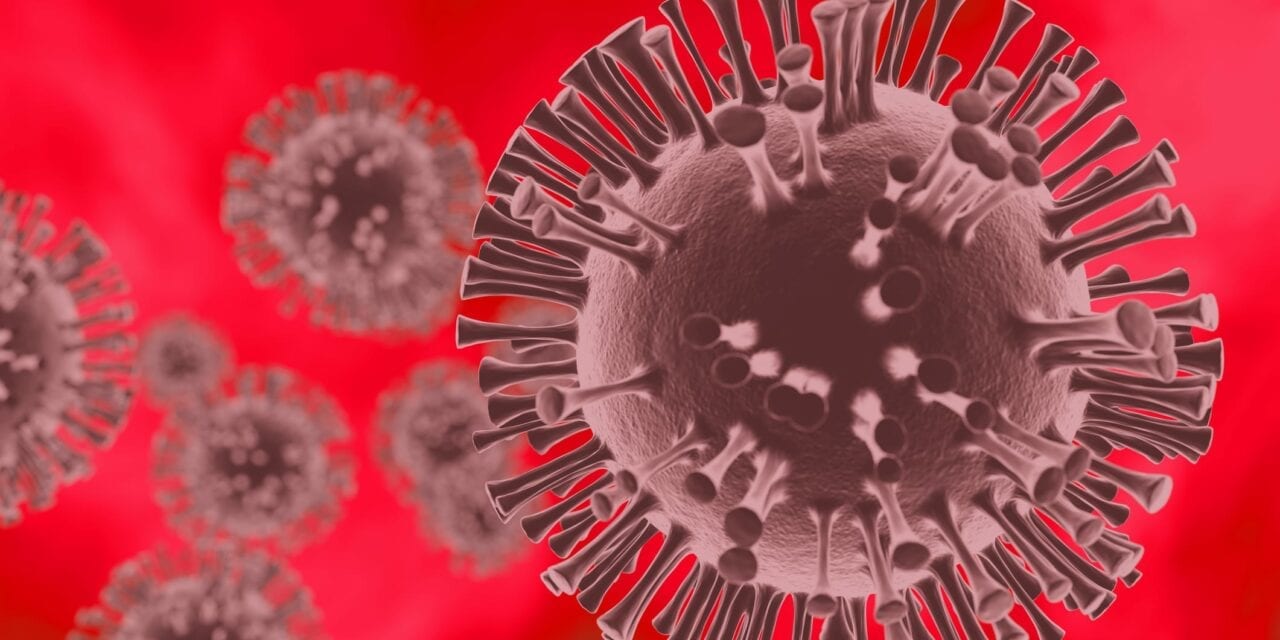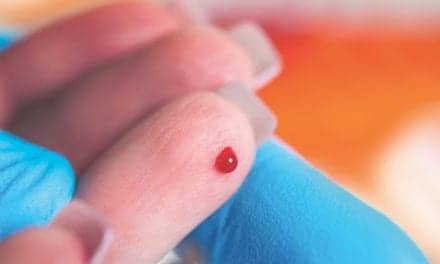Bio-Techne Corporation has announced that scientists at the U.S. Centers for Disease Control and Prevention (CDC) recently highlighted the importance of fixed tissue analysis for retrospective diagnosis of SARS-CoV-2 infection and characterization of viral strains, particularly for fatal cases in which no previous testing for SARS-CoV-2 was performed.
According to findings published in the March 2021 issue of the Journal of Infectious Disease, SARS-CoV-2 RNA was visualized directly in the autopsied tissues of suspected COVID-19 patients through in situ hybridization (ISH) using the RNAscope technology from Advanced Cell Diagnostics (ACD), a Bio-Techne brand. RNAscope enables detection of RNA transcripts while retaining cellular morphology, allowing researchers to localize SARS-CoV-2 RNA directly in the tissues, including in the hyaline membranes, pneumocytes and macrophages of lung, and epithelial cells of airways.
Using a combination of SARS-CoV-2 tissue RT-PCR, subgenomic RT-PCR and RNAscope, the authors were able to identify cellular targets of viral infection and replication in tissues from fatal COVID-19 patients, which is very important to understand the severe disease outcomes and viral pathogenesis. RNAscope enabled the CDC scientists to demonstrate the location of the virus not only in the respiratory tissues of several cases, but also in the endothelial cells and blood vessel walls of brain stem, leptomeninges, lung, heart, liver, kidney, and pancreas in one case, suggesting that SARS-CoV-2 infection of endothelial cells may play a crucial role in vascular complications.
Based on the results of this and other studies using the RNAscope technology for the detection of SAR-CoV-2, Bio-Techne’s Advanced Cell Diagnostics is launching one of the probes used in the study specific for the Spike protein mRNA as an Analyte Specific Reagent (ASR). The SARS-CoV-2 ASR will provide researchers and pathologists with a powerful technology for the detection of SARS-CoV-2 in fixed tissues.
“We are honored that RNAscope aided CDC researchers in the detection of SARS-CoV-2 in the fatal suspected COVID-19 cases without previous testing for SARS-CoV-2 and in advancing the understanding of SARS-CoV-2 pathogenesis,” said Kim Kelderman, president of the Diagnostics and Genomics Segment of Bio-Techne. “Over the course of the pandemic, few technologies have been developed for the direct localization of SARS-CoV-2 RNA in fixed tissues, which has led ACD to develop the SARS-CoV-2 ASR and other RNAscope probes. During the pandemic, RNAscope probes have been an essential tool in elucidating the pathology of this devastating virus in over one hundred COVID-19 publications to date.”





